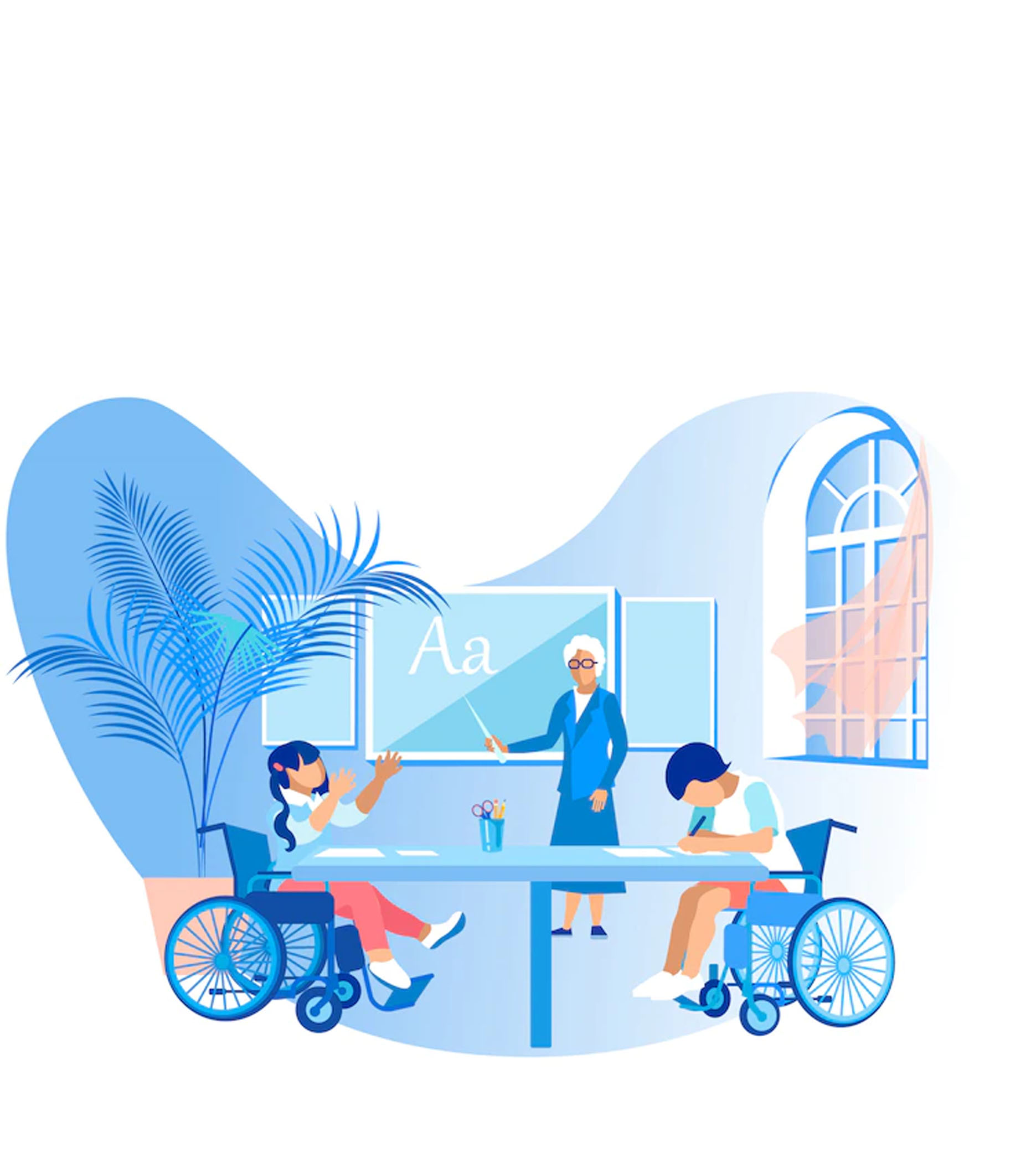
CONDUCT DISORDER
Conduct disorder refers to a group of repetitive and persistent behavioral and emotional problems in youngsters. Children and adolescents with this disorder have great difficulty following rules, respecting the rights of others, showing empathy, and behaving in a socially acceptable way. Many factors may lead to a child developing conduct disorder, including brain damage, child abuse or neglect, genetic vulnerability, school failure, and traumatic life experiences.
Children or adolescents with conduct disorder may exhibit some behaviors such as aggression to people and animals, destruction of Property, deceitfulness, lying, or stealing, serious violations of rules
Treatment of children with conduct disorder can be complex and challenging. Treatment can be provided in a variety of different settings depending on the severity of the behaviors. Adding to the challenge of treatment are the child's uncooperative attitude, fear and distrust of adults. Behavior therapy and psychotherapy are usually necessary to help the child appropriately express and control anger. Special education may be needed for youngsters with learning disabilities. Treatment may also include medication in some youngsters who may have difficulty paying attention, impulse problems, or depression. Treatment is rarely brief since establishing new attitudes and behavior patterns takes time. However, early treatment offers a child a better chance for considerable improvement and hope for a more successful future.


